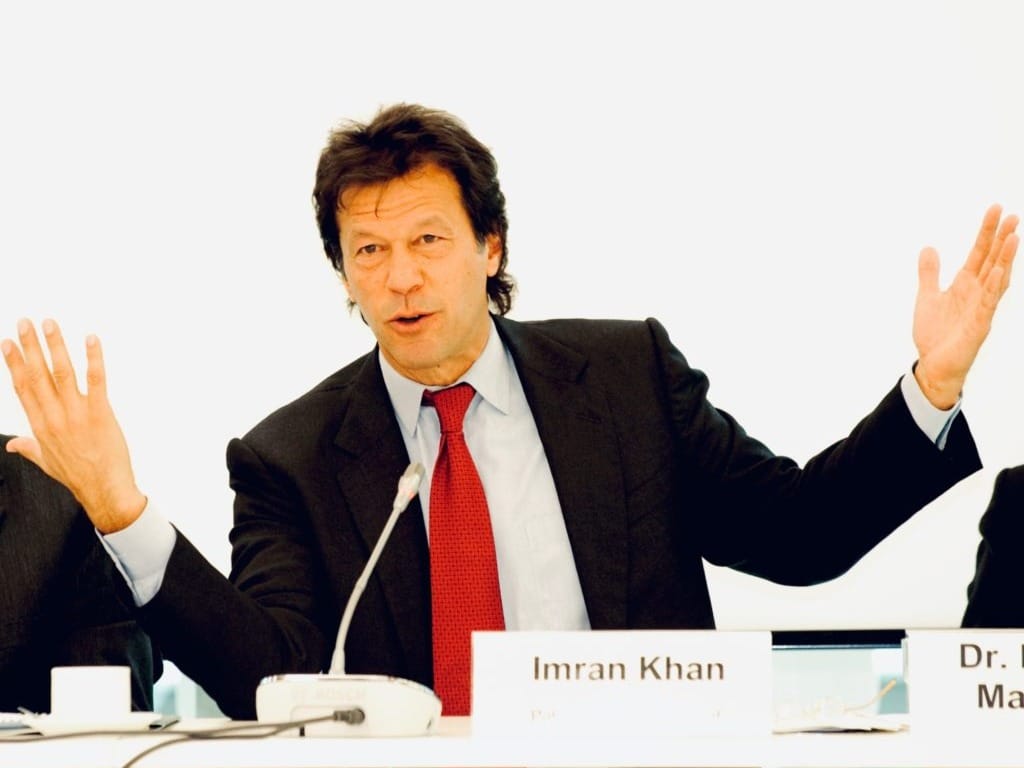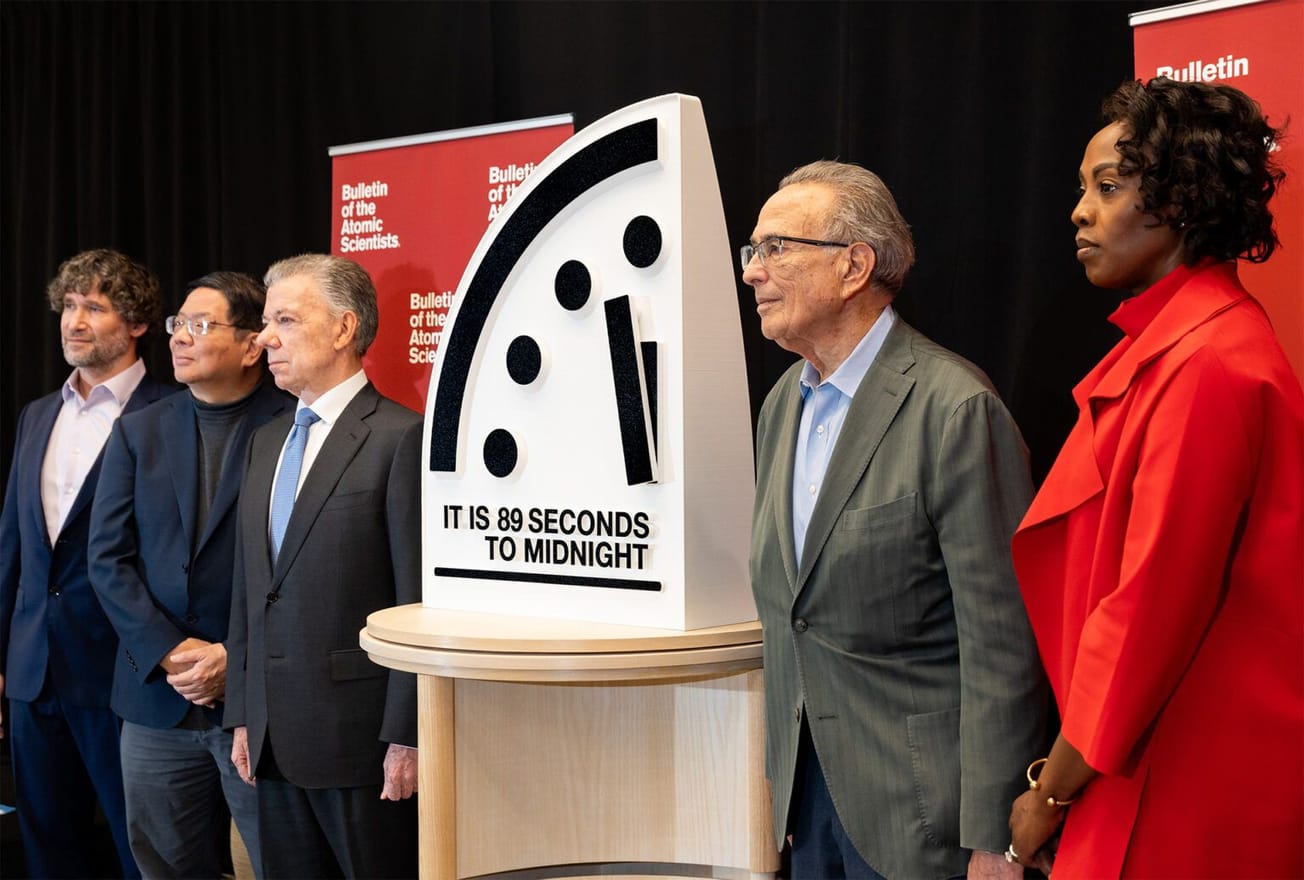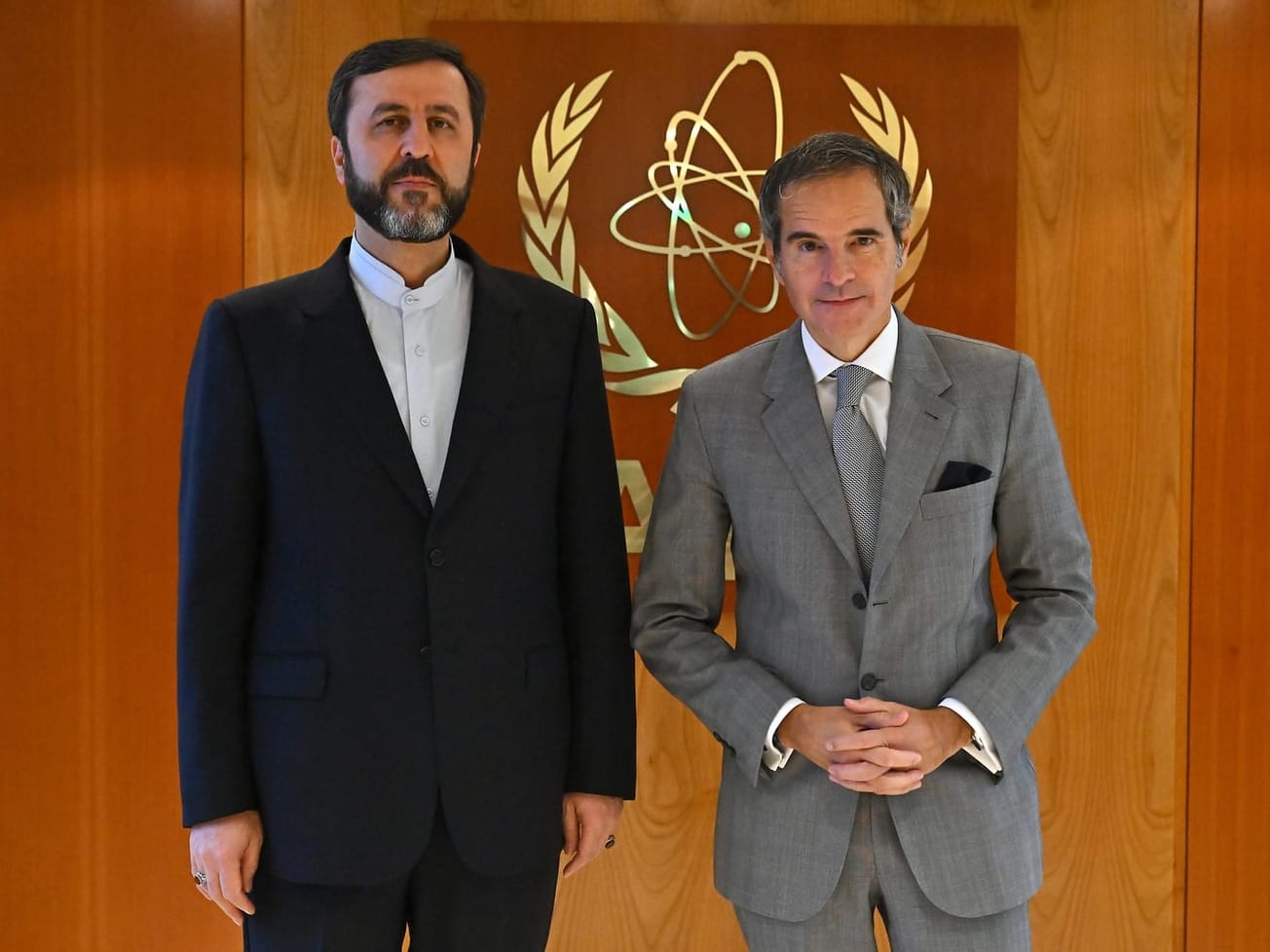UNITED NATIONS (AN) — Pakistan's Prime Minister Imran Khan took his nation's bitter dispute over Jammu and Kashmir to the U.N. General Assembly on Friday, accusing Indian Prime Minister Narendra Modi of cruelty towards Muslims and warning of a potential "bloodbath" in the region.
Since gaining their independence from the British 72 years ago, nuclear-armed rivals Pakistan and India fought each other in three wars, including two for control of Jammu and Kashmir. Hindu-majority Jammu has 6 million people; Muslim-majority Kashmir has 8 million people.









